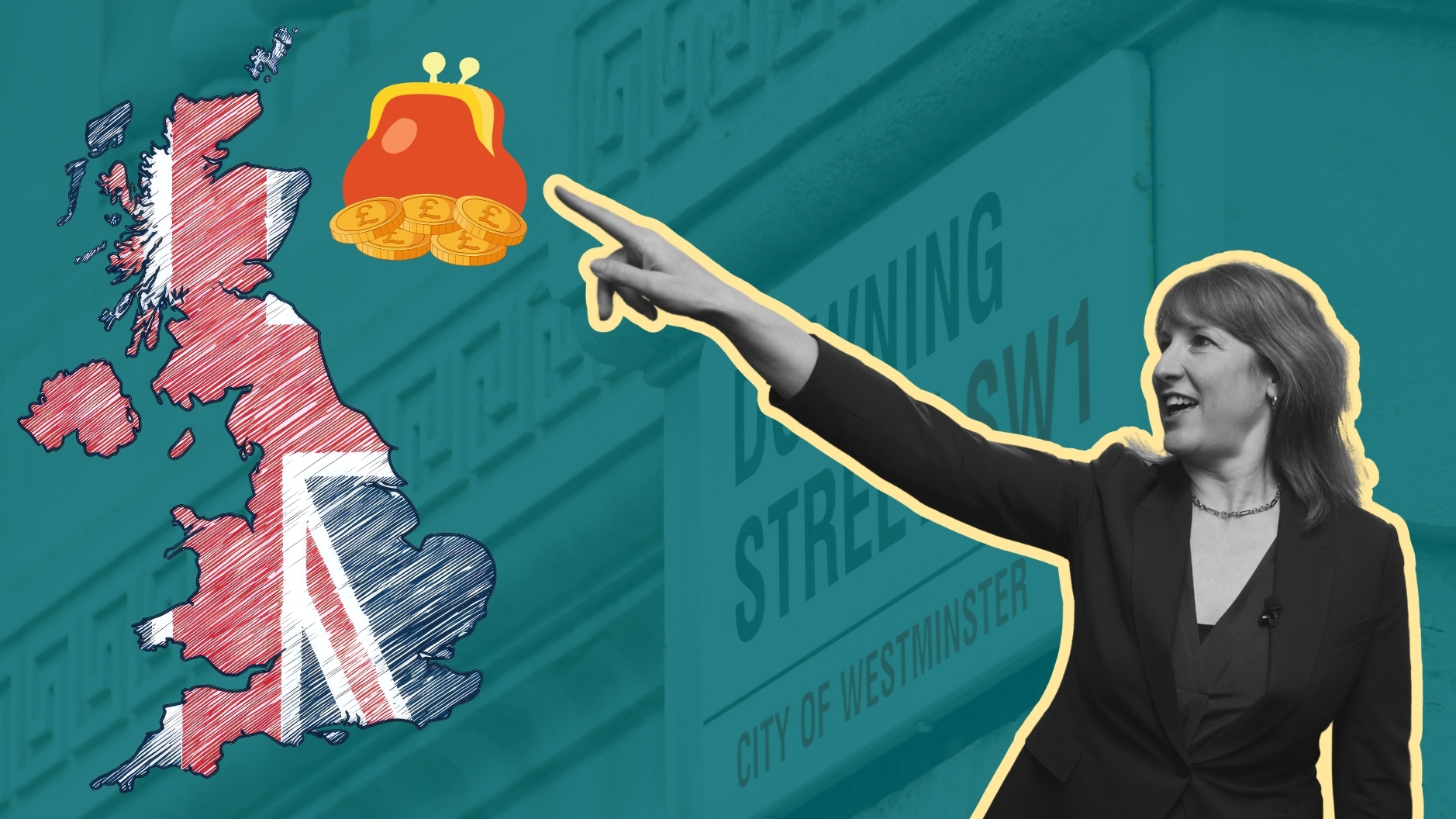Storm clouds gather over Germany
The indicators suggest Germany could be facing years of steady decline.

Get the latest financial news, insights and expert analysis from our award-winning MoneyWeek team, to help you understand what really matters when it comes to your finances.
You are now subscribed
Your newsletter sign-up was successful
Want to add more newsletters?
Germany's economy has been trumpeted as a new Wirtschaftswunder, or economic miracle, in recent years. So analysts have been hoping that Germany can lift the rest of the eurozone out of the mire.
Forget it, says John Hulsman of the John C Hulsman global political risk consultancy. There is a "strong case that not only can Berlin not save the rest of the continent, it will be hard-pressed to save itself".
For starters, "the German economy has passed its peak for now", says Thomas Gitzel of VB Bank.
Try 6 free issues of MoneyWeek today
Get unparalleled financial insight, analysis and expert opinion you can profit from.

Sign up to Money Morning
Don't miss the latest investment and personal finances news, market analysis, plus money-saving tips with our free twice-daily newsletter
Don't miss the latest investment and personal finances news, market analysis, plus money-saving tips with our free twice-daily newsletter
In the past decade, over half of Germany's growth has come from exports. But Germany's main export market, the eurozone, is stagnating and the Ukraine crisis has fuelled fears of a trade war. So it's hard to see much momentum developing in exports.
Long-term prospects are weak
The population, and hence the work force, is set to shrink. In 2060, Germanyis expected to have a population of64 million, from 80 million in 2020. The working-age population will fall by more than 10% between 2015 and 2030.
The upshot? According to the OECD, a rich country think tank, potential annual economic growth will fall to below 1% within the next decade.
There are two main drivers of economic output: the size of the workforce, and its productivity. To make up for the demographic drag, Germany will have to give its productivity a massive boost. Unfortunately, it shows no sign of doing so. Instead, recent moves have been in the opposite direction.
One way to boost productivity, as The Economist points out, is to raise investment in human and physical capital. But spending on education in Germany is lower than in other developed countries, and it is starting to show. Employers are now reporting skills shortages across a range of industries.
Meanwhile, overall investment has actually fallen from21.5% of GDP to 17.2% since 2000. "The government is not only investingtoo little in infrastructure, but also spending too little on maintenance." Businesses have reined in spending too.
One reason for this is that energy costs have risen steeply of late. German industrial power costs are 19% above the European Union average and have climbed by 60% since 2007, compared to increases of about 10% in the US and China, says Bjrn Lomborg of the Copenhagen Consensus Centre in the Financial Times. Germany abandoned nuclear power in 2011 and is trying to ensure that renewables fill the gap.
But the huge subsidies required have raised bills for households and businesses as the state attempts to recoup some ofthe cost. It's extremely bad news for industry's competitiveness.
Heading for the iceberg
For instance, notesThe Economist, prices for the services of architects and building engineers are regulated, "a restrictive arrangement unique to Germany within the EU".
But instead of tackling these issues, the government has actually undone previous reforms that bolstered competitiveness. The pension age, raised to 67 in the mid-2000s, has been lowered to 63 for those in work for 45 years. So state spending will increase.
A relatively high national minimum wage, as opposed to sector-wide deals hammered out between unions and employers, is likely to stifle job growth.A clampdown on temporary workers is also looming. All these backward steps have also discouraged investment.
Add all this up, and Germany today resembles the Titanic, says Eric Schweitzer, the president of Germany's Chambers of Commerce and Industry. "Everyone is partying and no one sees the threat of the looming iceberg."
Get the latest financial news, insights and expert analysis from our award-winning MoneyWeek team, to help you understand what really matters when it comes to your finances.

-
 What do rising oil prices mean for you?
What do rising oil prices mean for you?As conflict in the Middle East sparks an increase in the price of oil, will you see petrol and energy bills go up?
-
 Rachel Reeves's Spring Statement – live analysis and commentary
Rachel Reeves's Spring Statement – live analysis and commentaryChancellor Rachel Reeves will deliver her Spring Statement today (3 March). What can we expect in the speech?